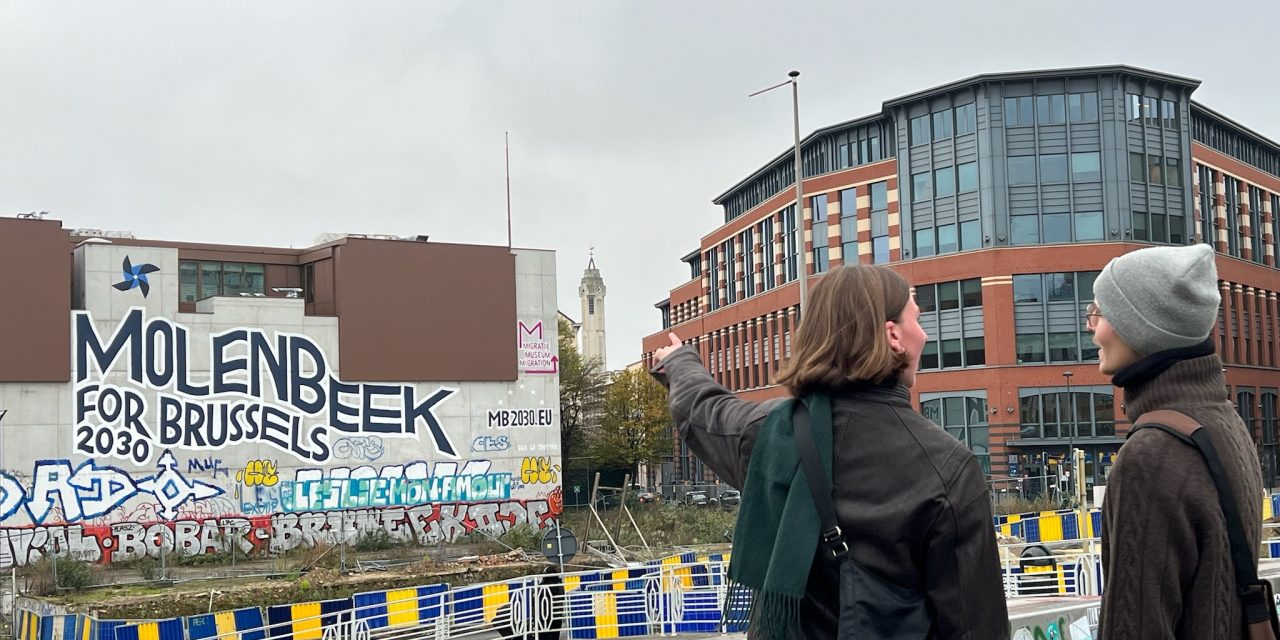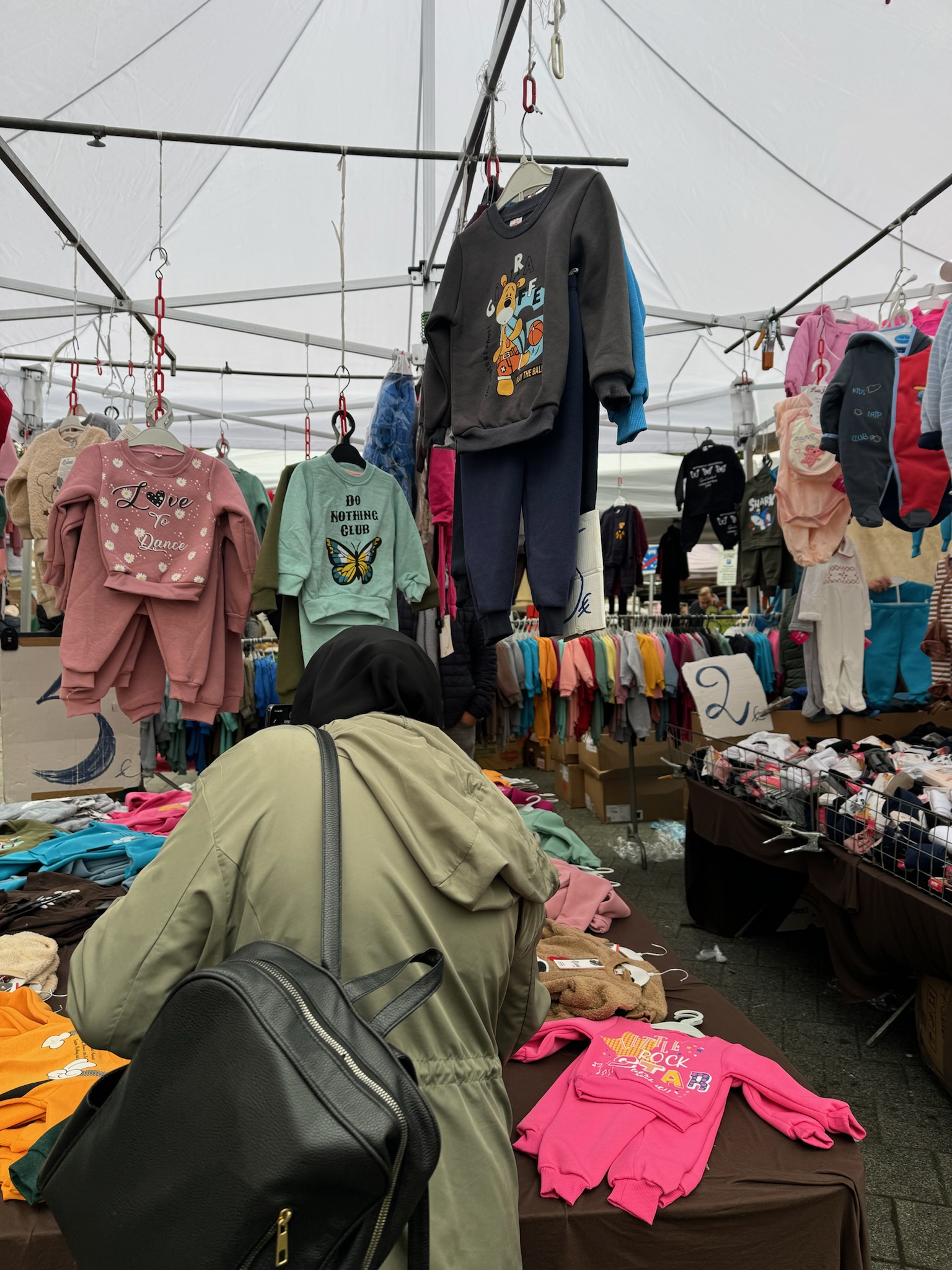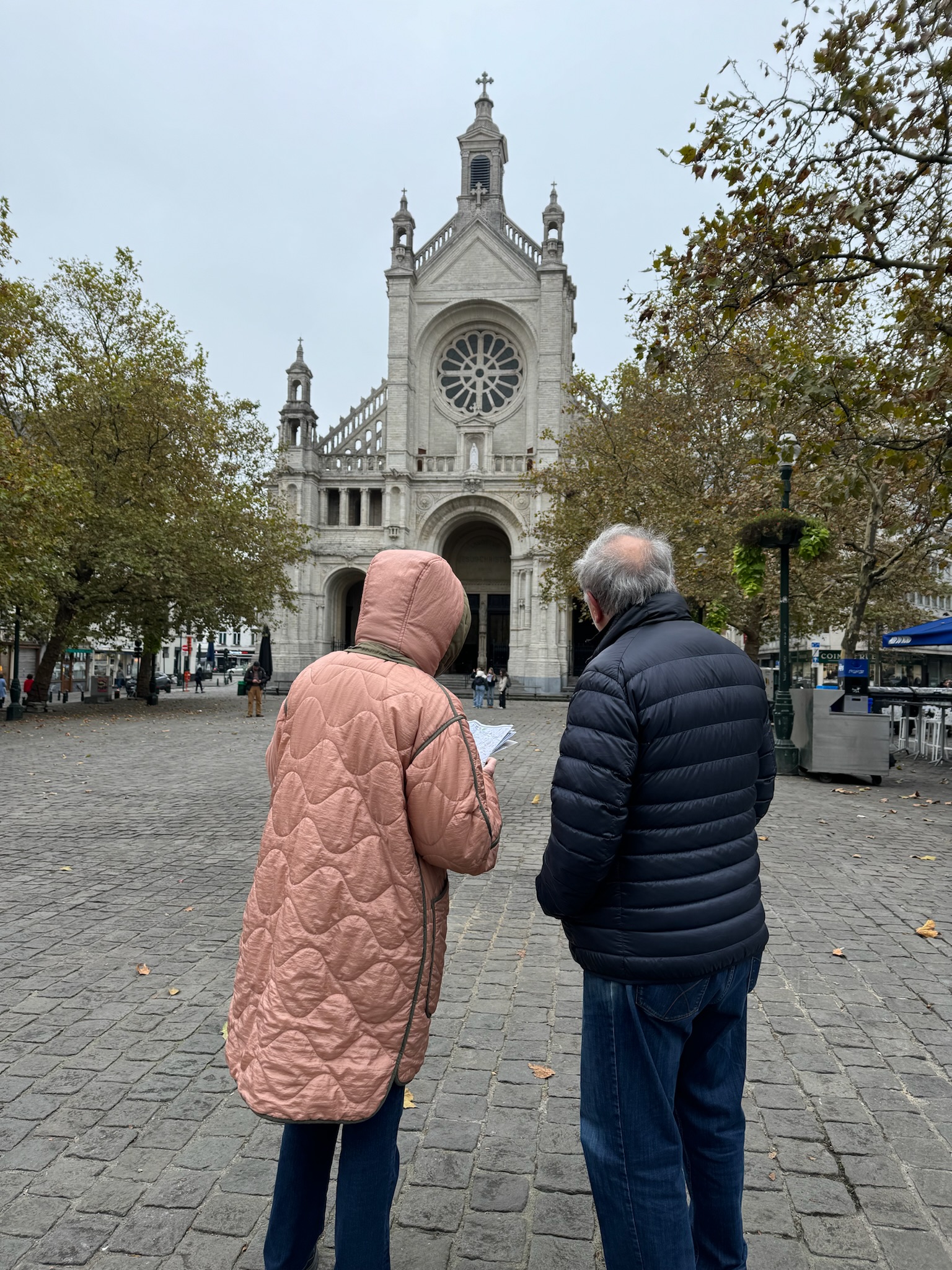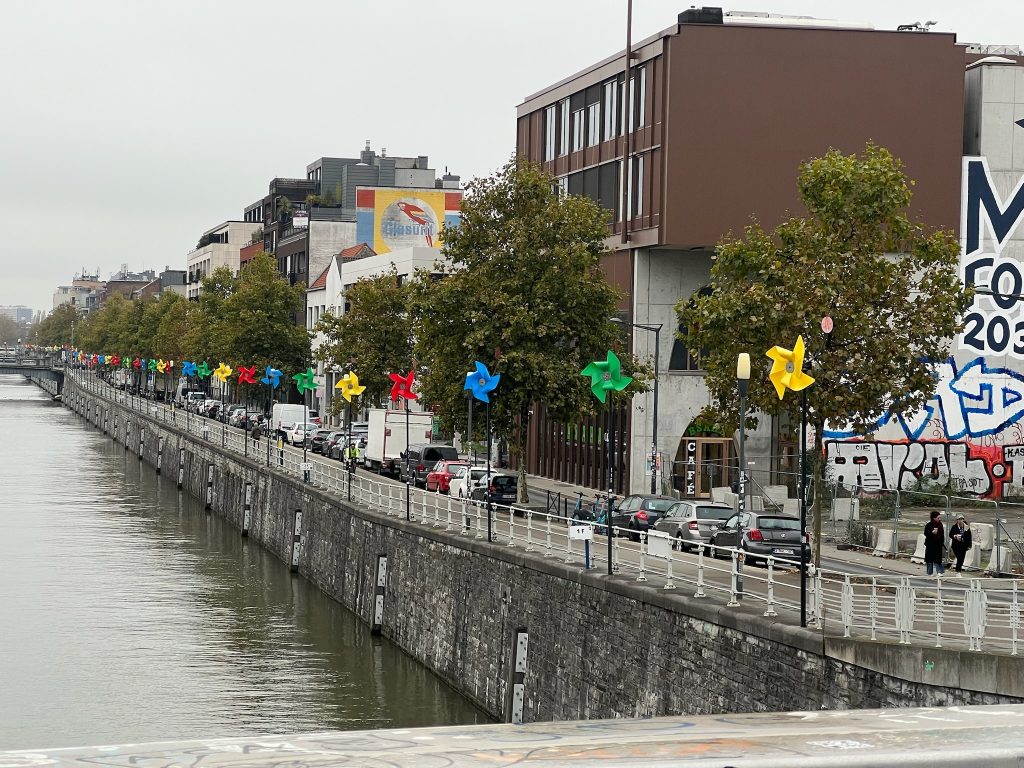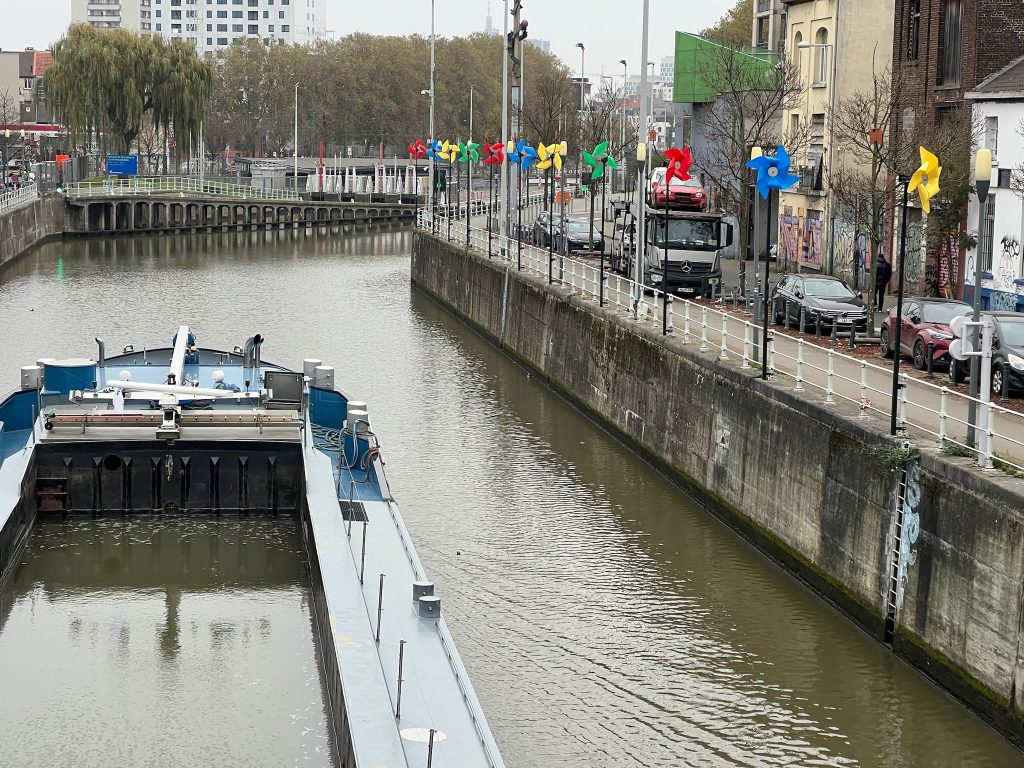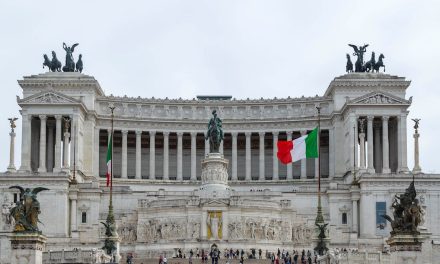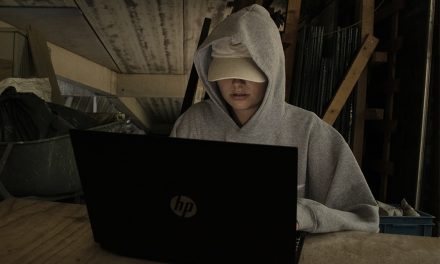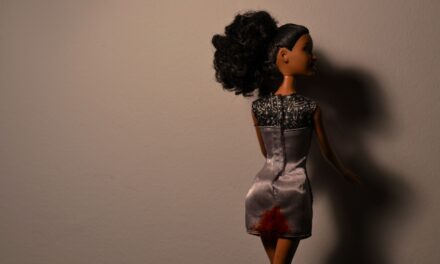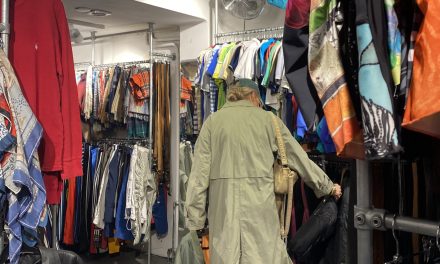On October 24th, Belgium revealed its three finalists for the European Capital of Culture 2030: Leuven, Namur and Sint-Jans-Molenbeek. An independent panel of experts selected the three bids, which are now seeking to become Belgium’s representative. Only one of the three candidates can hold the title for European Capital Culture – among Molenbeek, known as the most controversial municipality.
Since the terrorist attacks in 2016, Molenbeek has suffered from a negative reputation. In the post-attack period, Trump referred to Belgium as a “Hellhole”, a characterization that was later shifted by both Belgians and politicians to Molenbeek. This shift occurred, because several of the perpetrators were linked to Molenbeek, which led to the neighborhood being blamed for the actions of a few individuals. As a result, the municipality faced criticism for failing to represent the country’s identity.
First steps towards change
The municipality is not only perceived negatively by the public, but it is also a relatively young district that has experienced significant population growth, socio-economic challenges, and a particularly high rate of youth unemployment. According to the statistics, youth unemployment stands at approximately 40% which is notably higher than the Brussels average of 20%. This has brought a great pressure on the local community, with many people feeling disconnected and without opportunities. The district also faces problems such as housing shortages, inadequate public services and lower levels of education, which further deepen the socio-economic divide.
The idea of the nomination is to rethink the district’s identity, focus on getting young people involved and meet the needs of residents in a way that raises local voices. Therefore, the team of Molenbeek for Brussels 2030 tries to create cultural experiences that attract both locals and visitors, encouraging genuine cultural exchange. As Rebecca Wyn Bernage, a staff member of the Molenbeek for Brussels 2030 team, explains, “We invited Ultima Vez, an international dynamic house for contemporary dance, to perform in Molenbeek on the communal square. That is an example of how we try to make culture more accessible to everyone – working together with locals as much as possible.”
Molenbeek’s journey of becoming the European Capital of Culture 2030 highlights both ambition and transformation. Rebecca, while giving a realistic note to the nomination of Molenbeek for Brussels, states, “You can’t work for Molenbeek 2030 without truly believing in it.”
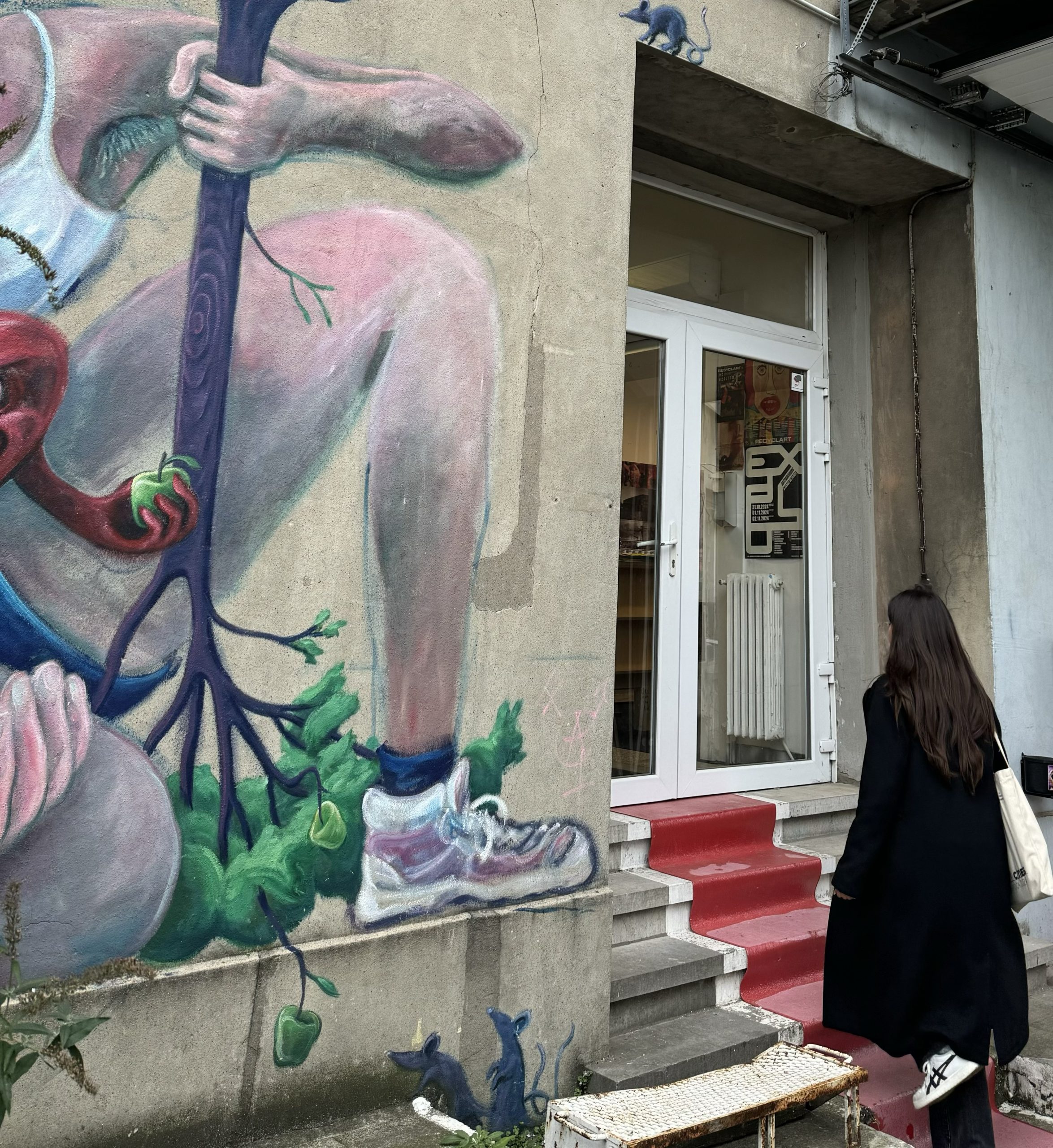
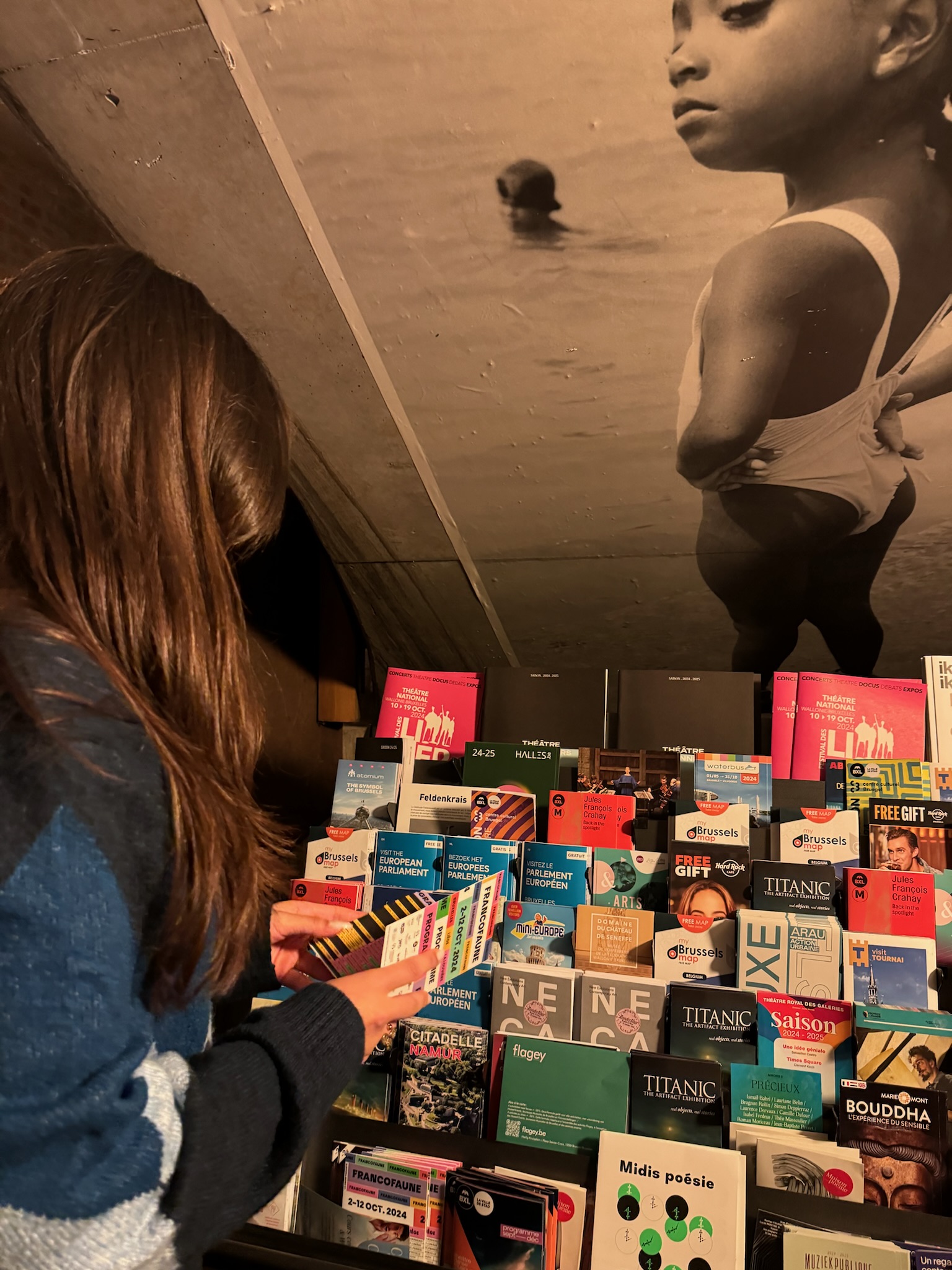
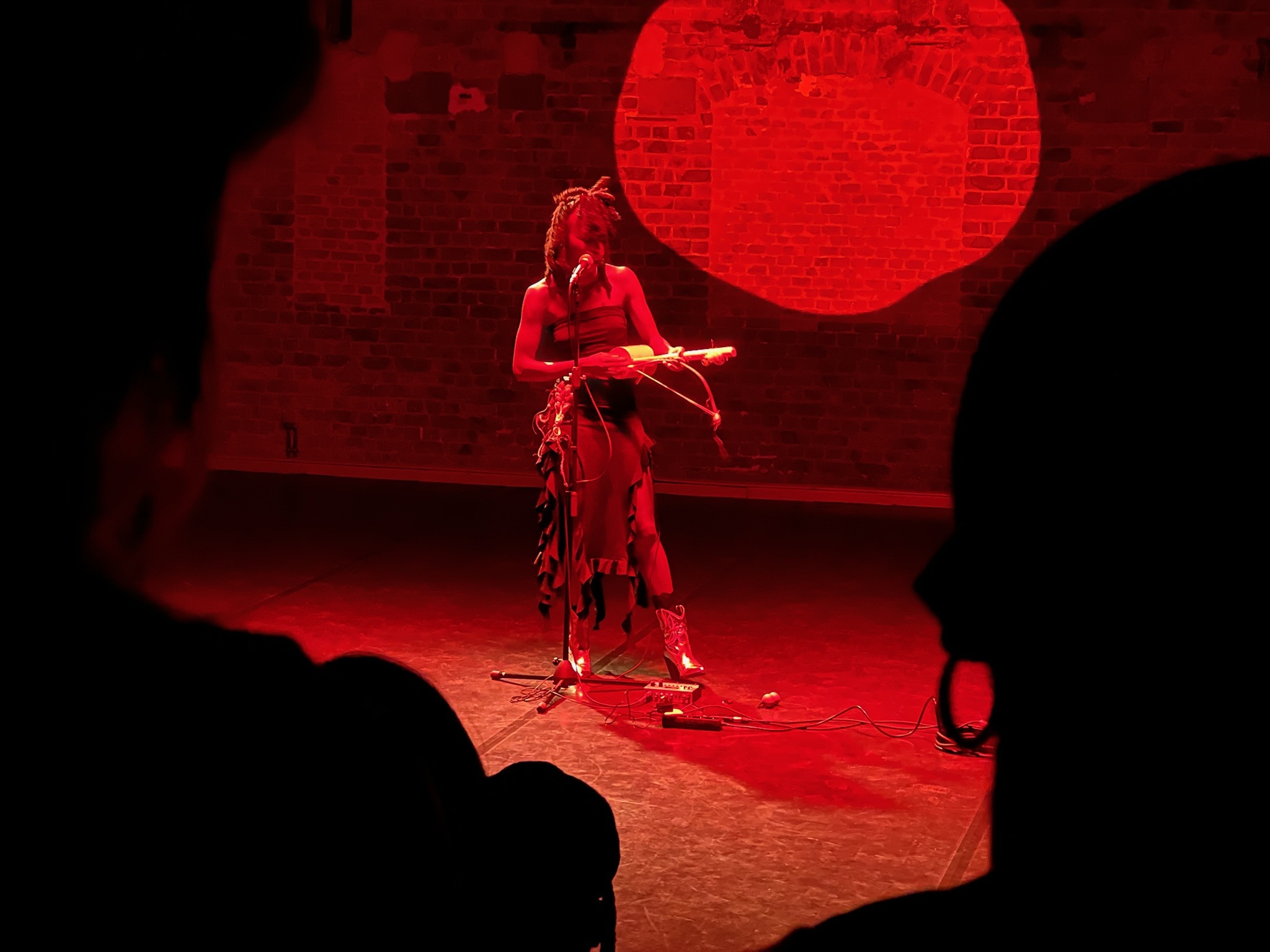
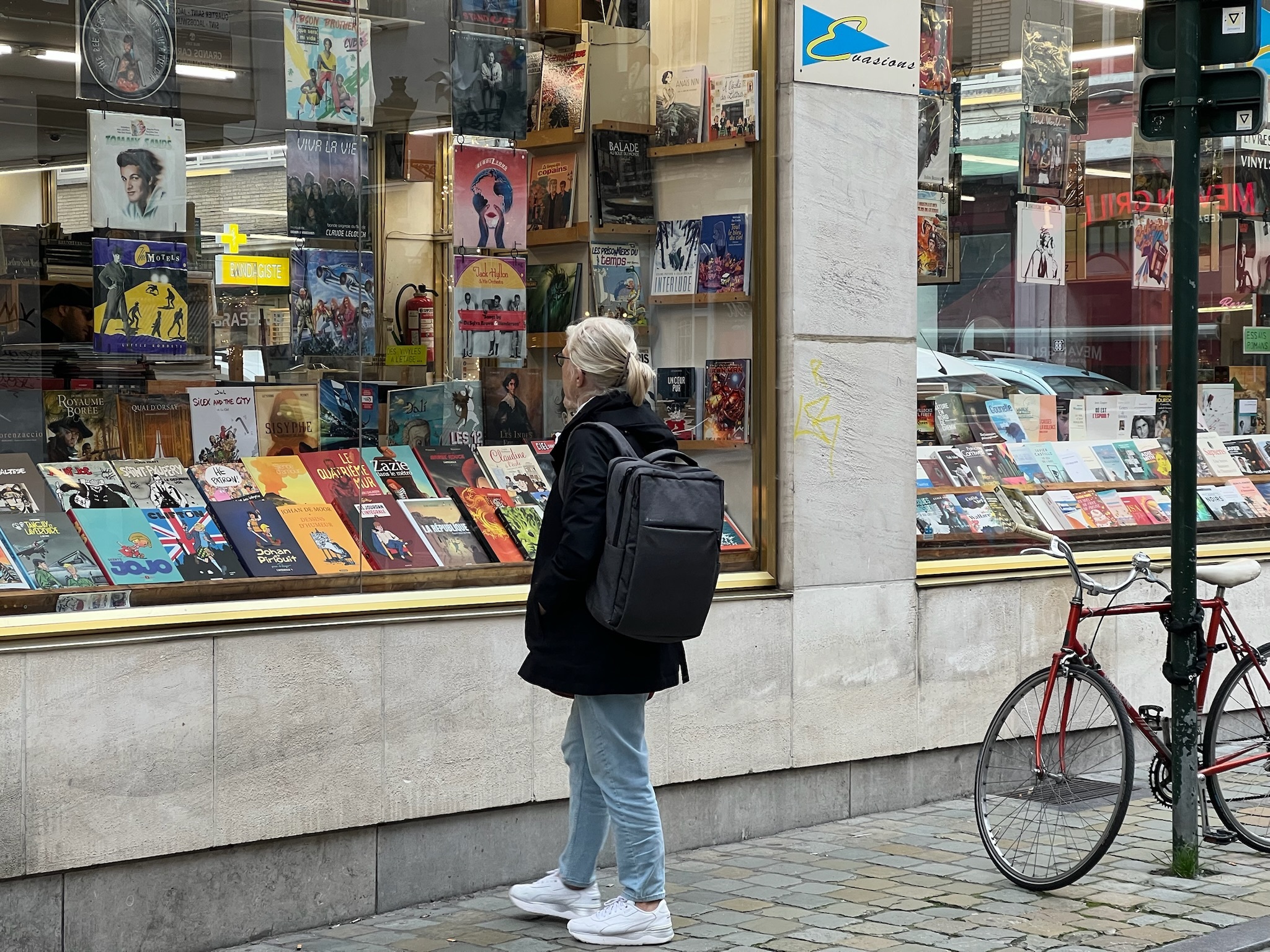
Can controversy become an opportunity?
“I think it’s time to counteract this negative image a little bit and to foreground the beauty that Molenbeek itself has to offer, being a very diverse municipality, very close to the touristic heart of Brussels.” – says Eva De Smedt, a Brussels-based researcher and lecturer in culture and tourism (IDEA Consult and Erasmus Brussels University of Applied Sciences and Arts), who engaged her students in the Molenbeek for Brussels 2030 candidacy.
However, it is not only about rebuilding the image of Molenbeek but also about opening the municipality for tourists showing them that diversity can contribute to its culture. Walking through the streets of Molenbeek, one can observe a mix of shops, including small family owned shops, local cafes and stalls selling products from all over the world. The streets are filled with life, with people of all backgrounds, from families to young professionals, shopping, talking and carrying on with their daily lives. You will see mosques, churches and community centres that reflect the multicultural character of the area.
Molenbeek is a diverse area, with 80% of the population coming from different backgrounds. “This is why so many people feel at home here – we speak so many languages. You never feel like an outsider because everyone looks different. It’s a very diverse city, and it’s this cosmopolitan atmosphere that makes Brussels what it is.” – according to Eva De Smedt.
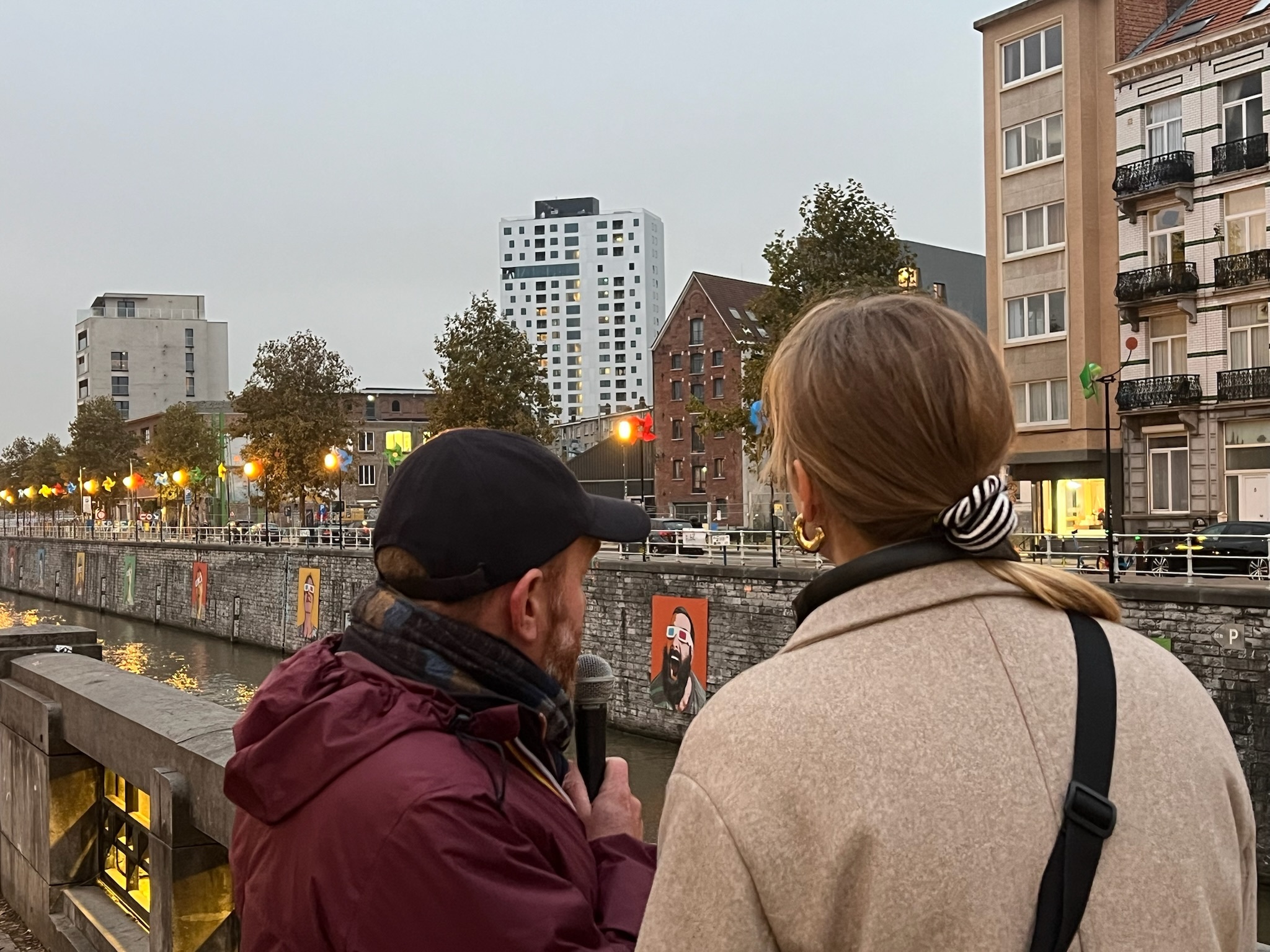
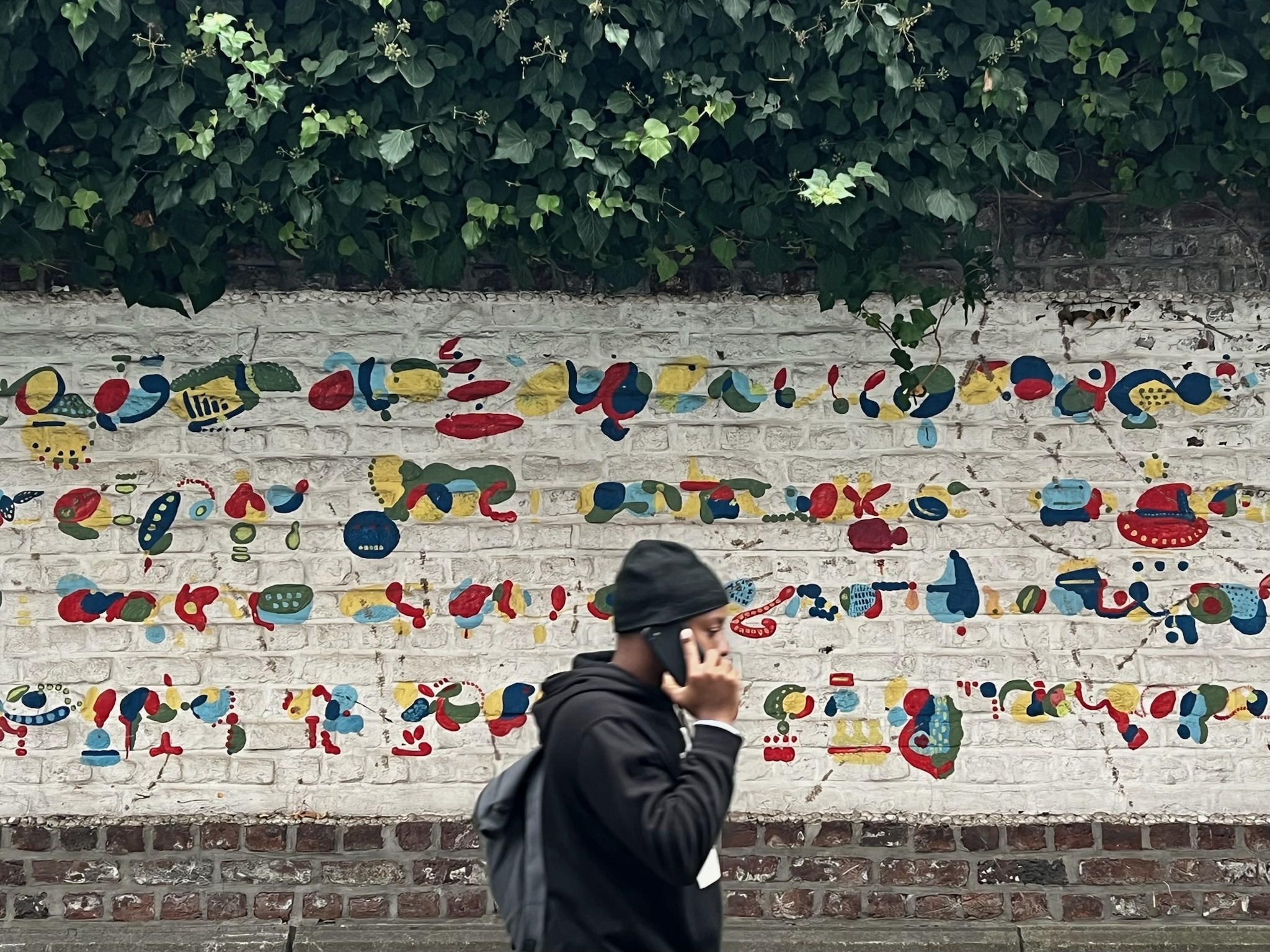
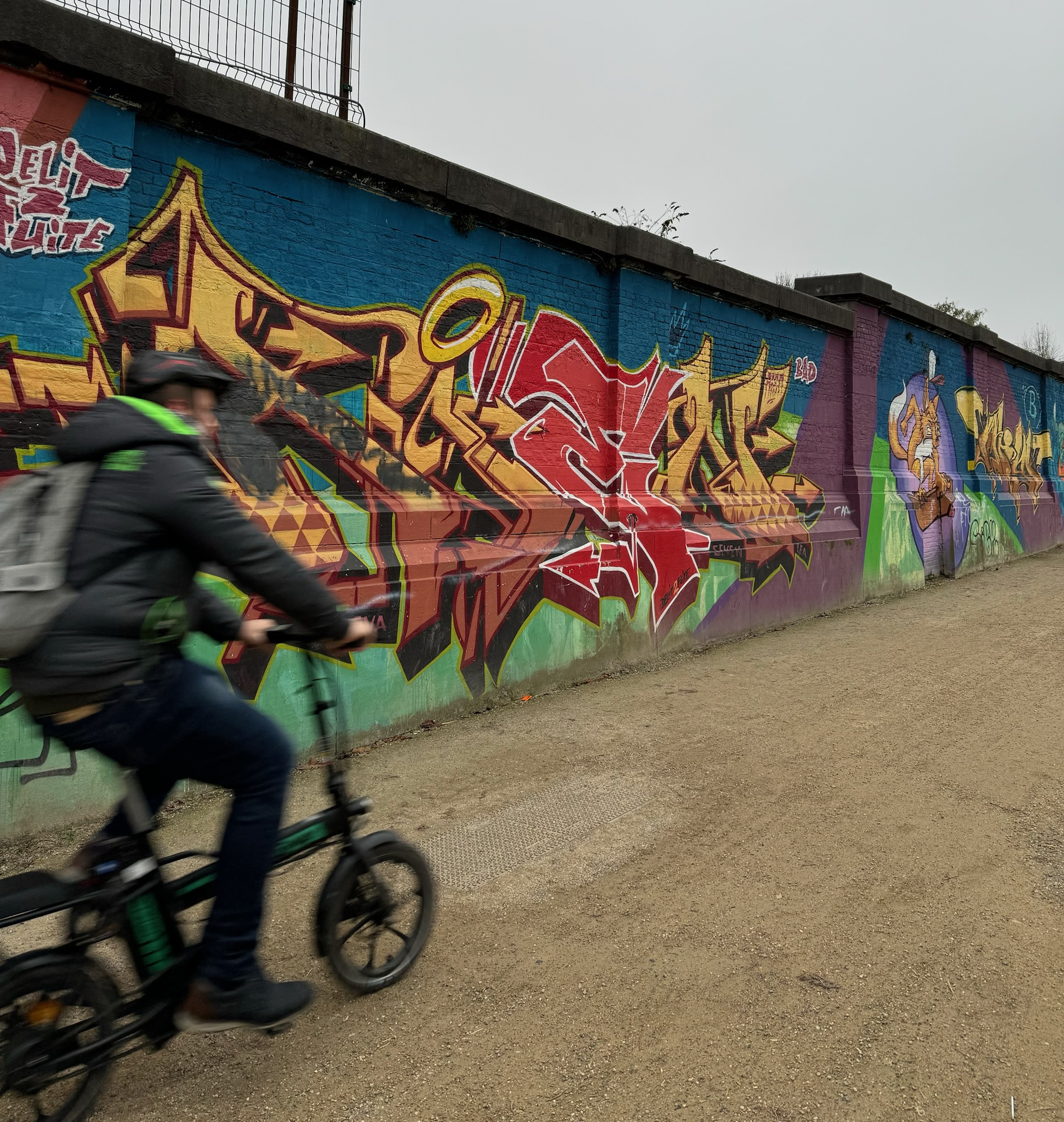
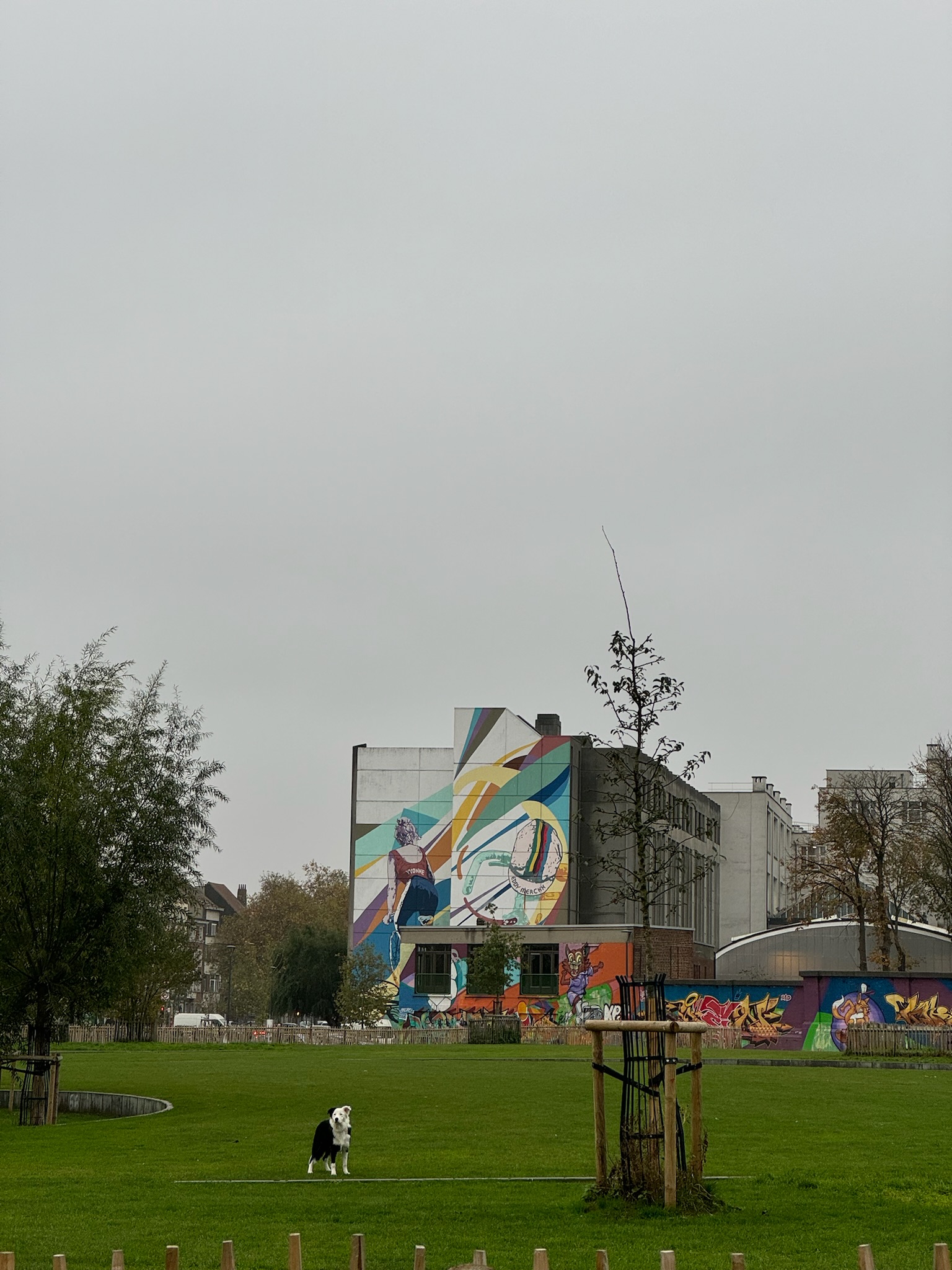
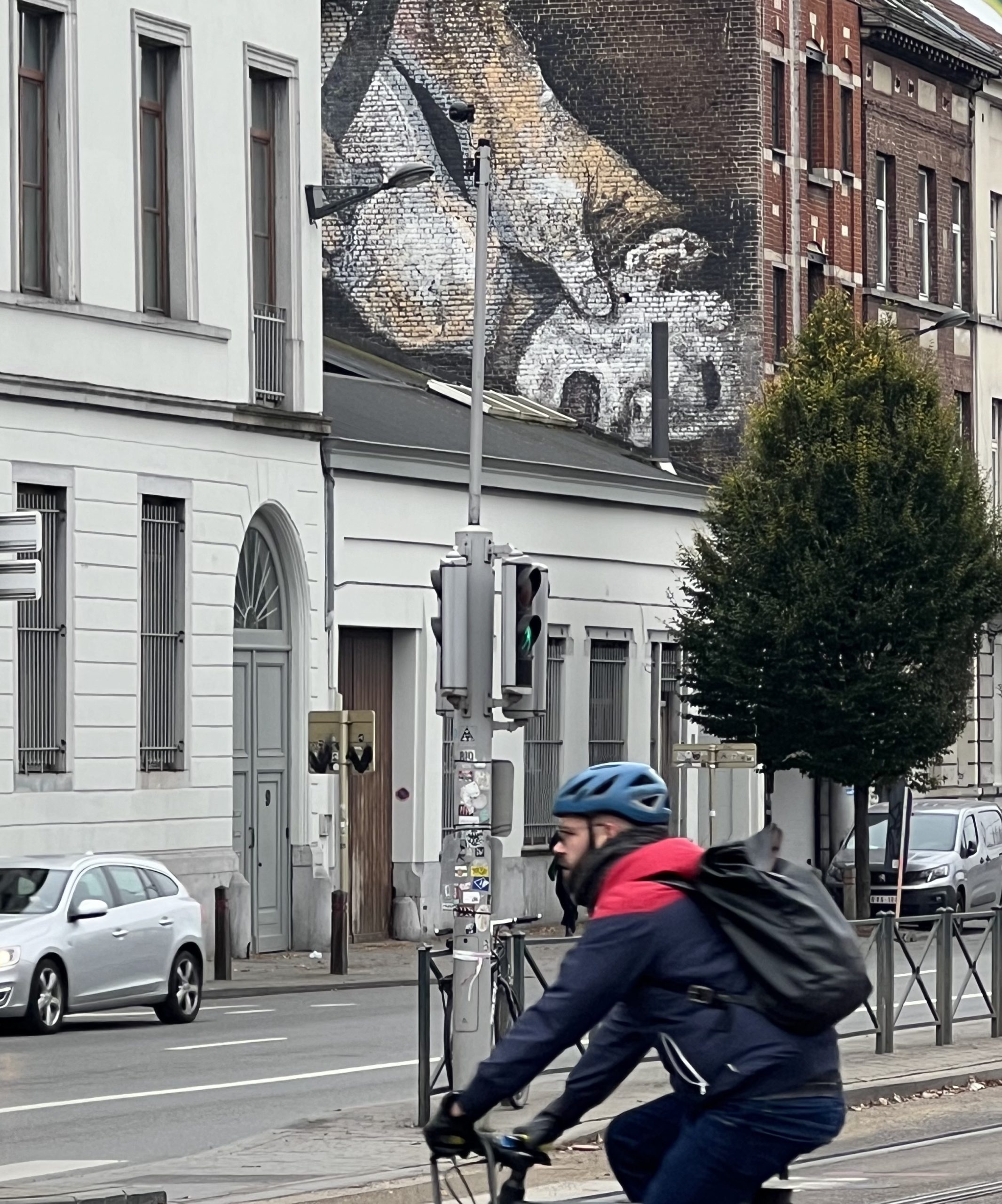
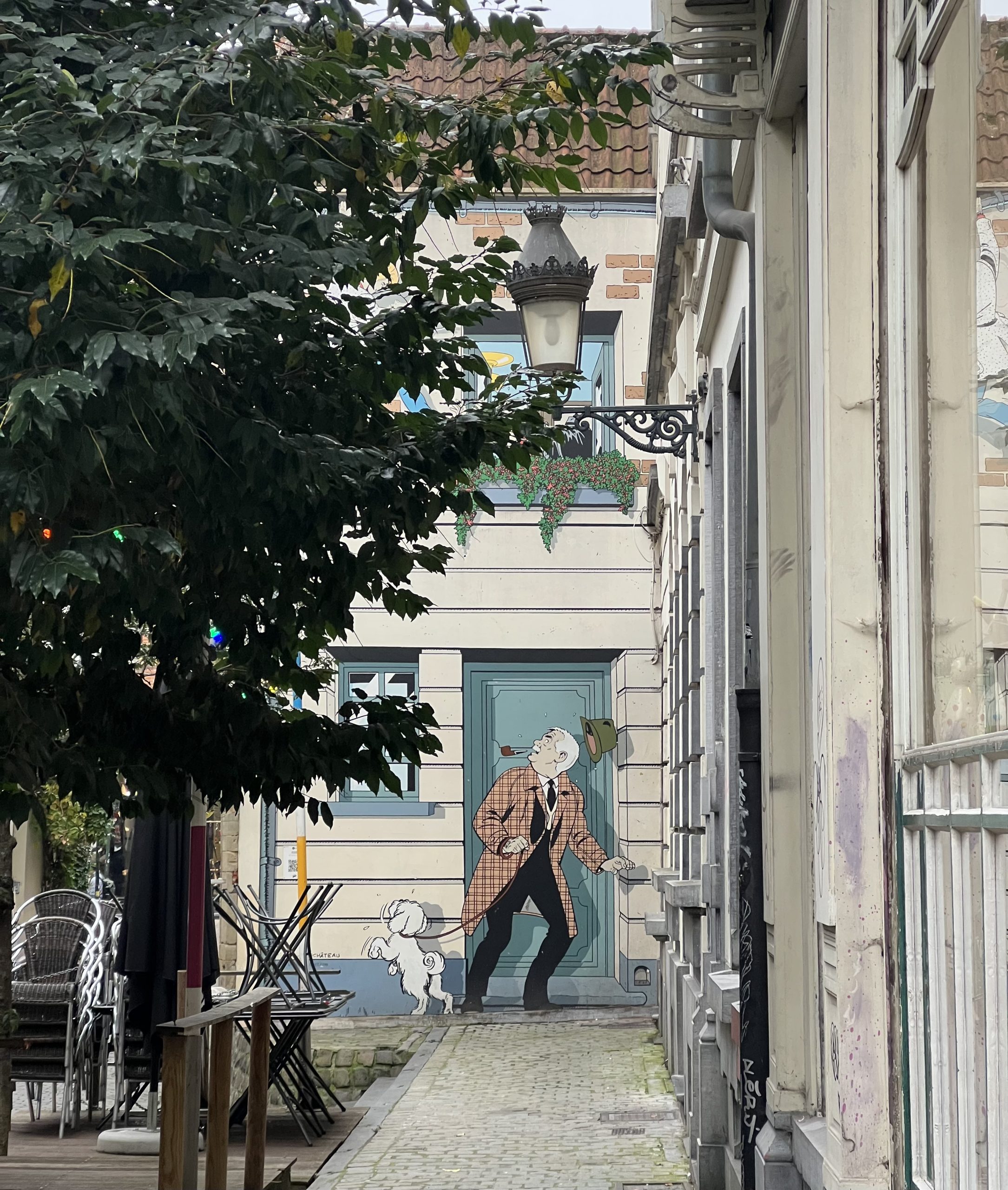
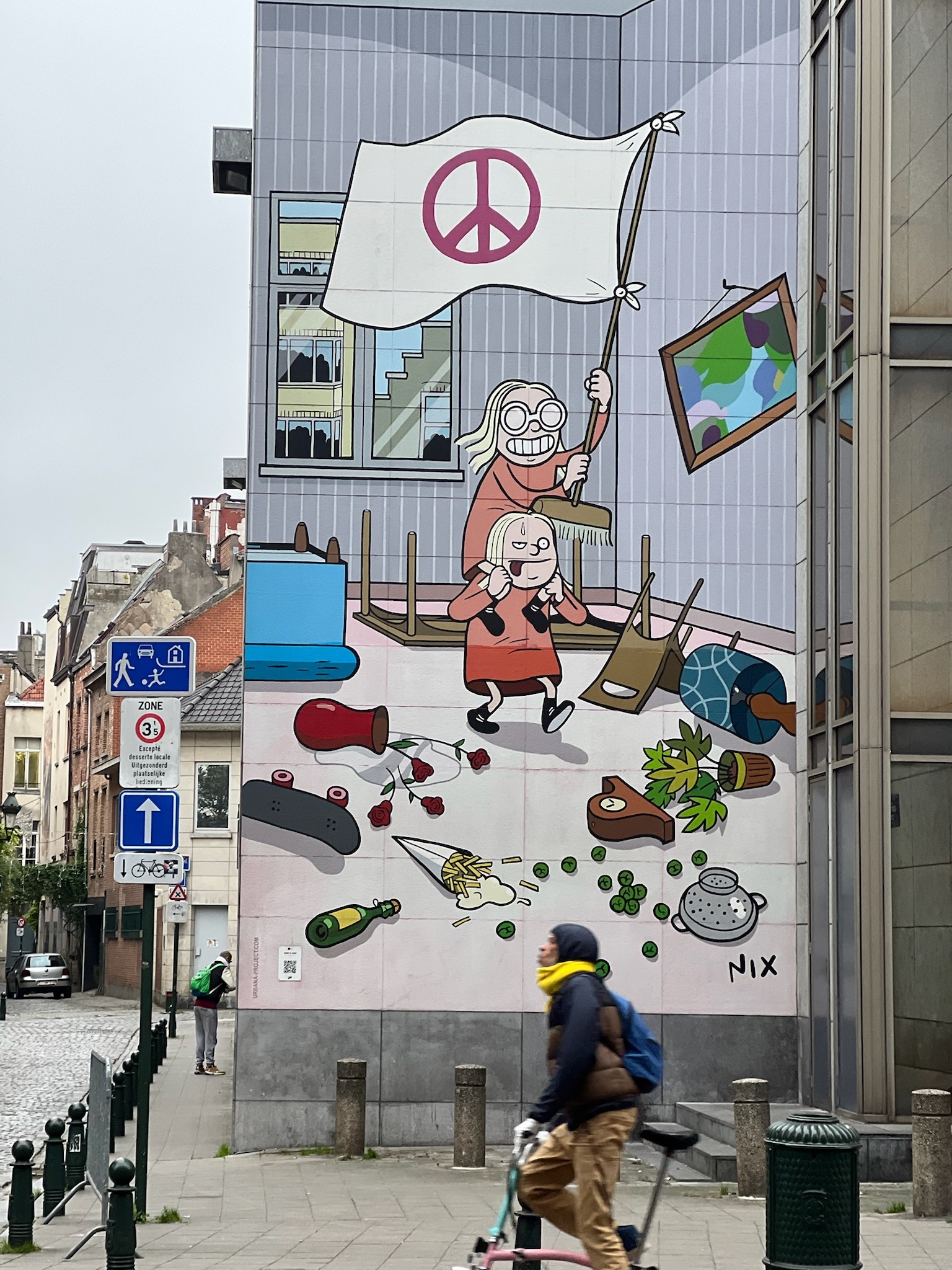
Preparations for 2030
In line with the nomination process, Molenbeek and all the other candidates were asked to submit their first bid book by July. While the first bid book was based on theory, the second round will be more focused on practical solutions. Therefore, Molenbeek not only needs the support of the other municipalities but also of key partners. Among them, the Kanal-Centre Pompidou, a museum of modern and contemporary art.
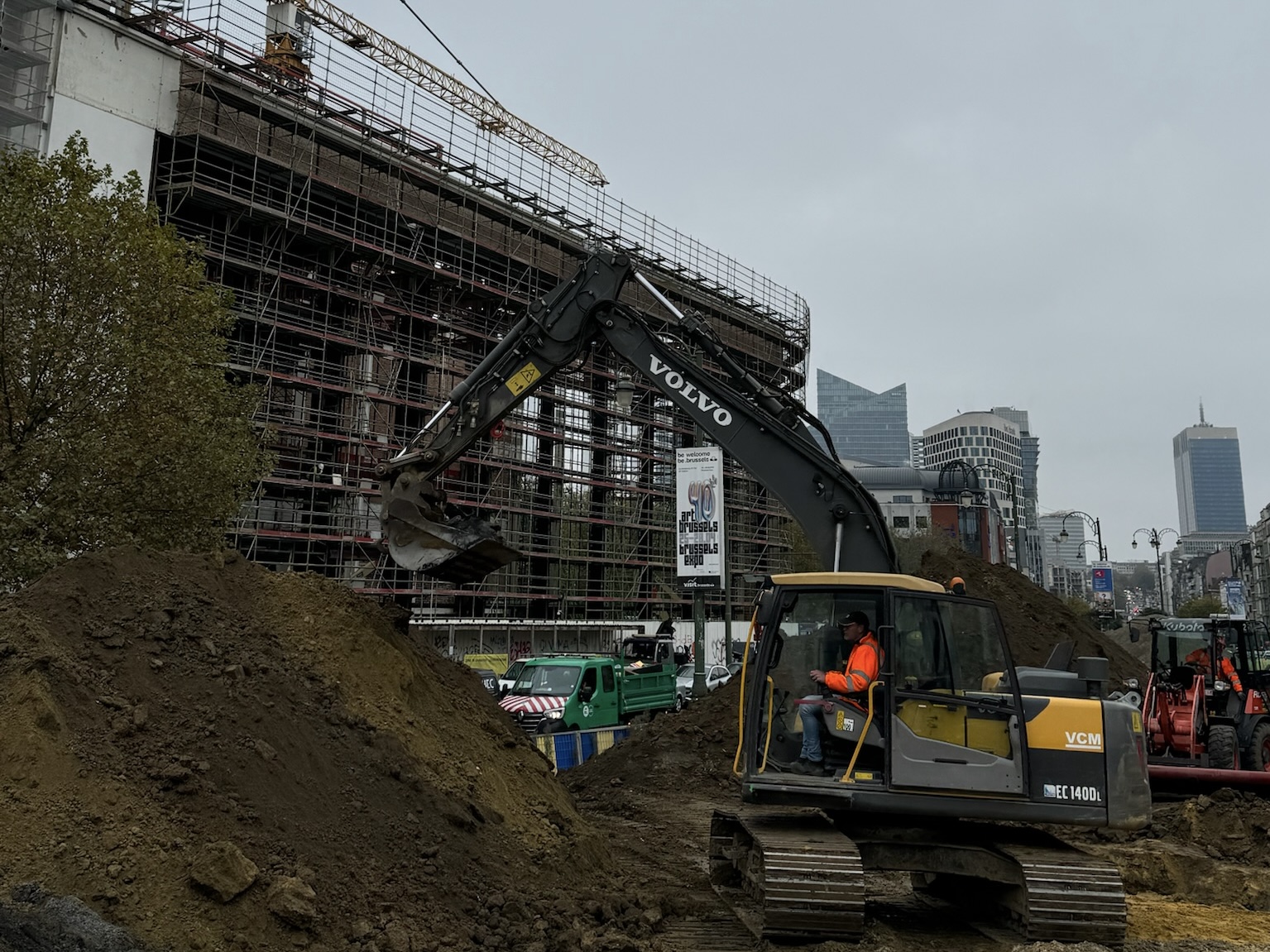

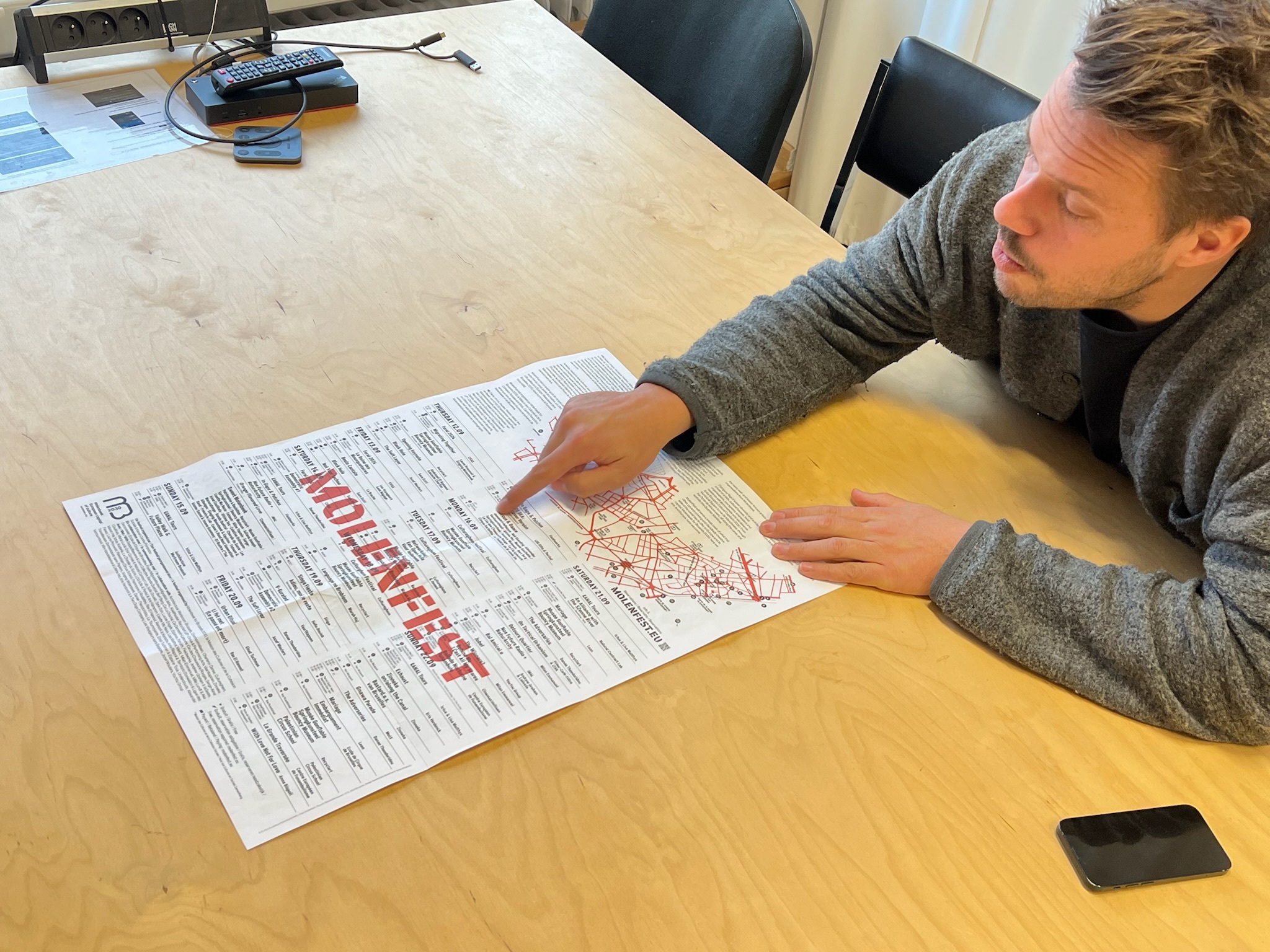
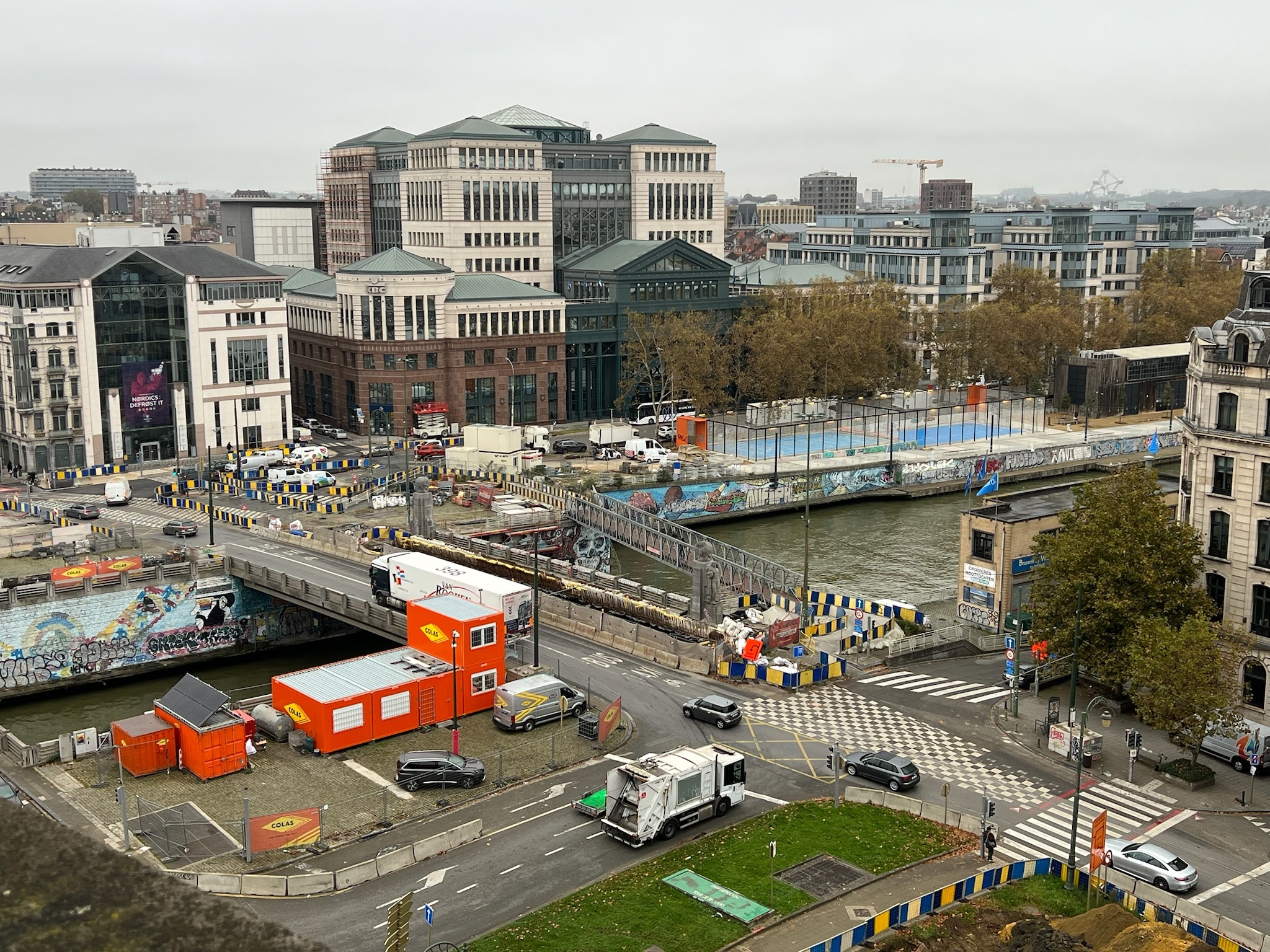
According to the ECOC team each candidate now has just under a year to further develop their projects. The bid books will then be presented again to an independent panel of experts. A jury visit to each city will follow, and the city awarded the title of European Capital of Culture 2030 will be announced in September 2025.
Envisioning Molenbeek’s Future
Winning the title of European Capital of Culture could mark a big change for Molenbeek. It would bring investment to the area, create jobs and improve the community locally. However, money alone won’t solve the deeper issues Molenbeek faces. While exploring the area, challenges such as homelessness, drug use and safety concerns remain evident, with parts of Molenbeek still lacking security. These are critical problems that extend beyond the scope of the nomination and require a long-term commitment to meaningful social and infrastructural change.
The road ahead is definitely not without its obstacles, particularly in bridging Molenbeek’s identity with Brussels’ broader cultural landscape. The nomination represents an important step forward restoring Molenbeek’s image but requires immense effort and cooperation from all stakeholders.
“Our red line is the word, “Sadaka” it comes from Hebrew, Swahili and Arabic. It has multiple meanings but in this context it means generosity, social justice and selflessness. The concept itself reflects the idea of giving without expecting anything in return. Our candidacy is an expression of the need for greater “Sadaka” in Europe, given the current situation of polarization. To achieve this, we must work together, engage in dialogue and use the “Sadaka” approach in our interactions with people”, explains Rebecca.
The municipality’s diverse population and cultural movement shows it has the potential to become more than just a local area: a symbol of inclusion and resilience in Europe.
A multimedia production by Anabel Giesbert and Sopo Abulashvili
